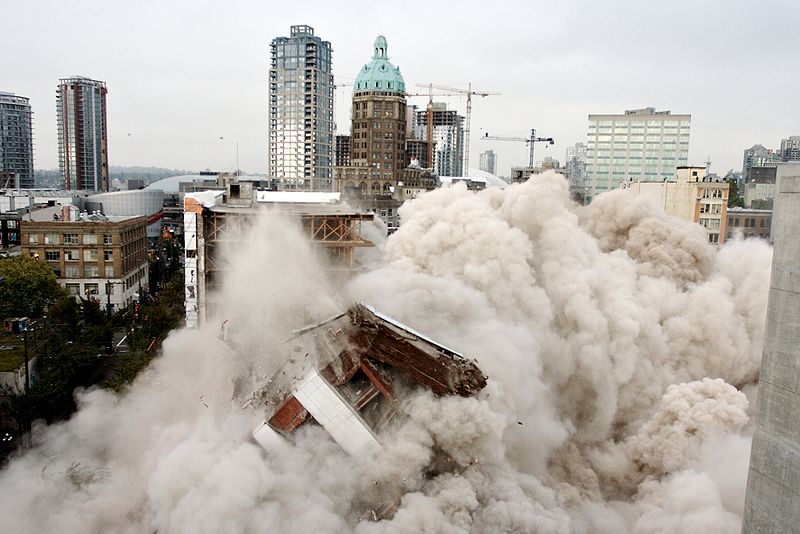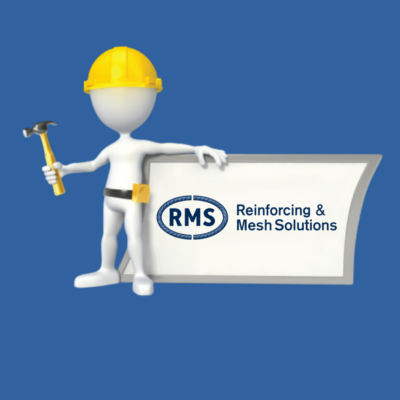Demolition

10 things you should know about demolition
1. What is Demolition?
Demolition is a very exciting and fast phase of construction. For a complete demolition, a home can come down and be entirely removed from the site in a day or two. While demolition is typically fast and messy, it’s not necessarily mindless and uncomplicated.
There’s actually quite a bit to know about demolition; beginning demolition without a clear strategy can have significant time and financial repercussions later.
So, it all has to start somewhere, I will start from the beginning and tell you a little more about where it starts and how it ends and the different types of Demolition – Kaboom!
As I see it, what goes up, must come down 🙂
2. Don’t try it yourself (Don’t DIY)
Get an experienced crew involved in the plan to accomplish any demolition. Otherwise, you could end up getting hurt and paying expensive bills. The ideal situation is to have the framing crew take on the demolition, the framers will know what to retain and the accountability chain is direct.

Note to all Men – Don’t DIY, unless you want to end up in the Dog Box.
3. Pre-Demolition Inspection
Pre-demolition inspection may be one of the most helpful and cost-effective steps you can take to recognise materials that should be removed from buildings before starting the demolition process.
4. Play by the Rules
Unless you live in the middle of nowhere or in the woods and your nearest neighbour is miles away, there is no subtle way to sneak a proper demolition. Make sure you are going about it the right and legal way. I’d suggest taking the neighbours a nice box of chocolates or wine to apologise in advance for the noise levels. You will definitely need the patience of your neighbours. Play by the rules and get your permits.
5. There are different types of Demolition
If and when you are planning to construct a new building in place of an old one, then demolition is inevitable.
- Demolition by Hand – you can only use hand tools with this method like sledgehammers, for example.
- Crane and Wrecking Ball – the wrecking ball is largely outmoded, replaced by excavators and other mechanical means that offer better precision, efficiency, and safety.
- Implosion – A highly-specialised type of demolition that employs the use of explosives to bring down high structures by undermining structural supports so that it collapses within its own footprint or along a predetermined path.
- Mechanical Demolition – specialised mechanical equipment and tools. These include hydraulic excavators equipped with specialised attachments that can break concrete and steel, effectively “chewing” the structure apart. Smaller equipment is also used.
- Total Demolition – It is the demolition of an entire structure, and it can be achieved by a number of methods.
- Dismantling/Deconstruction – dismantlement or deconstruction of a structure to preserve components for reuse, recycling, or refurbishment.
- Selective Demolition – removal of specific interior/exterior portions of a building while protecting the remaining structure and nearby structures.
- Interior Demolition – Interior portions of a structure while preserving the exterior. This usually includes removal of walls, ceilings, pipes, etc.
6. Try to find somewhere to live during your demolition
Demolition is loud, dirty and gets dust on everything. It will almost be impossible to enjoy your home under these circumstances and may also not be very safe for you and your family. It’s best to try to find a place to stay during your demolition. Keep the wife happy, no woman likes a dusty house.
7. Asbestos Procedures
Do your homework when it comes to asbestos. Nothing will shut down a project faster than an asbestos violation. Inspection prior to demolition or renovation, the affected structure or part of the structure where the work is to take place must be thoroughly inspected by a certified asbestos inspector for the presence of asbestos. Notification requirements vary with the amount of regulated asbestos and type of activity taking place. All demolitions, including those where no asbestos is present, require a notification form be sent to DENR (Department of Environment and Natural Resources)
I don’t know if it’s just Me, but it looks like Chuck Norris was here
 |
|
8. Listen to the guy on site who says “consider the following things…”
He is speaking from experience and he knows what he’s talking about.
Always get the experts involved in any situation, people qualify to do certain things for a reason.
9. You’d be surprised how many items and materials can be reused or recycled from the demolition
Deconstruction is a new term for a simple concept: rather than destroying or demolishing a building, the team carefully disassemble the structure, identifying those parts for reuse. Construction and demolition waste recycling is a big industry and is steadily increasing. The amount of construction and demolition waste generated in the U.S. in 2012 was estimated at 480 million tons, according to a 2014 CDRA executive summary.
10. Get in touch with the Correct People
You can get in touch with some Demolition/Construction Companies on our Directory, by clicking here
Should you wish to subscribe to our services and find out more about what we do here at Leads 2 Business, you are more than welcome to give me (Natasha) a call on +27(0)33 343 1130 or email me at NatashaL@L2B.co.za
Now you know a little more about Demolition and so do I 🙂
L2B Blog: Renovation or Demolition?
Sources:
https://www.epa.gov/large-scale-residential-demolition/pe-demolition-inspections
http://www.rbaker.com/press-room.php?id=230
http://rockassoc.com/2017/07/18/10-things-you-should-know-about-demolition/
http://blog.buildllc.com/2011/07/10-things-you-should-know-about-demolition/
http://denr.sd.gov/des/wm/asb/asbdemolition.aspx
http://blog.wegowise.com/2012-10-30-building-life-cycle-demolition-recycling
http://blog.capterra.com/5-tips-for-recycling-your-construction-waste/
About Natasha Lubbe
My name is Natasha Lubbe and I am a very Bubbly and Happy 30-year-old Mother to the Sweetest 6-year-old Little Girl. I have worked for Leads 2 Business since 04 October 2016. I really enjoy a Challenge and Love Learning new things. Feel free to call me at any time, I'd gladly assist. Nothing you wear is more important than your smile.










Leave a Reply